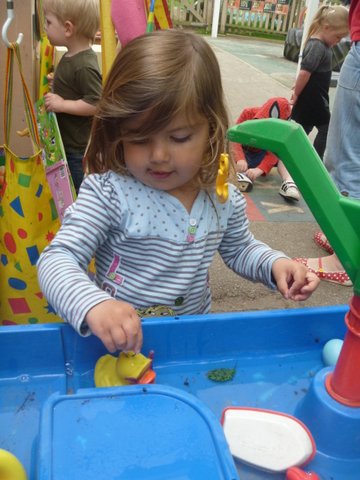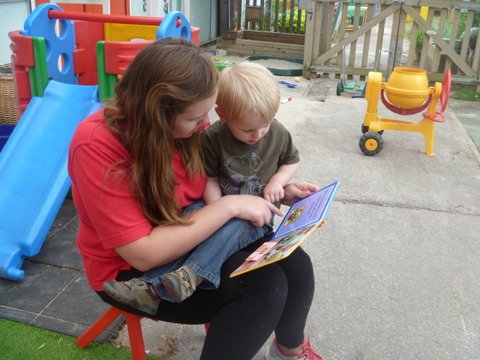Latest News
|
AGM Term 4 |
| read more |
Contact Us
Growth Mindset

What is growth mindset??
In a nutshell, it is all about what individuals believe about their ability to learn new things. Many people have a ‘fixed’ mindset, which leads them to believe that intelligence and abilities are fixed, and that a person cannot improve upon their ability to do something. People with a fixed mindset will often say things like, ‘There’s no point in trying, because I won’t be able to do it,’ or ‘I’ve never been any good at…’ They will give up on challenging tasks easily, or avoid activities they have found difficult in the past. They tend to focus heavily on the result of a task, rather than the effort required achieving it.
How does Pre –School help develop a growth mindset?
At Pre –School we will help your child develop their own growth mindset. All next steps, play and challenges are focused on your child’s individual needs and interests.
We support children’s play and learning but also make it challenging enough to make them think, work as teams and overcome personal challenges.
We encourage our children to be independent and strive to achieve more, we support age appropriately but also give the children the window of opportunity to think critically and develop their own growth mindset and can-do attitude.
This works alongside the EYFS characteristics of effective learning and children’s well-being which we discuss as a staff team each term.
We also celebrate all achievements however small, each small step leads to something bigger, so expect to see lots of notes home and don’t forget to look on our celebration display to see what we have all been achieving over the year.
Helping your child develop and growth mindset
- Set high expectations. Tempting though it may be to say, ‘never mind, try the easier one’, this approach doesn’t nurture self-esteem. By expecting your child to try something more challenging, you are showing them that you believe they can do it.
- Don’t do everything for your child (at an age-appropriate level). If you do everything for them, you are simply telling them that you think you can do it better, and that they are not good enough.
- Encourage resilience and ‘stickability’, even when something is tough. It’s helpful to talk to children in terms of ‘growing their brains’ – when something is at its most challenging for them, that is when their brains are making lots of new connections. Encourage them to see that struggling is a sign of learning, not of failure.
- Celebrate mistakes. Children should not be made to feel ashamed of mistakes since mistakes can help us to learn. If in doubt, look online for examples of famous sports people, inventors and other well-known people who struggled with errors, setbacks and failures before achieving their goals.




